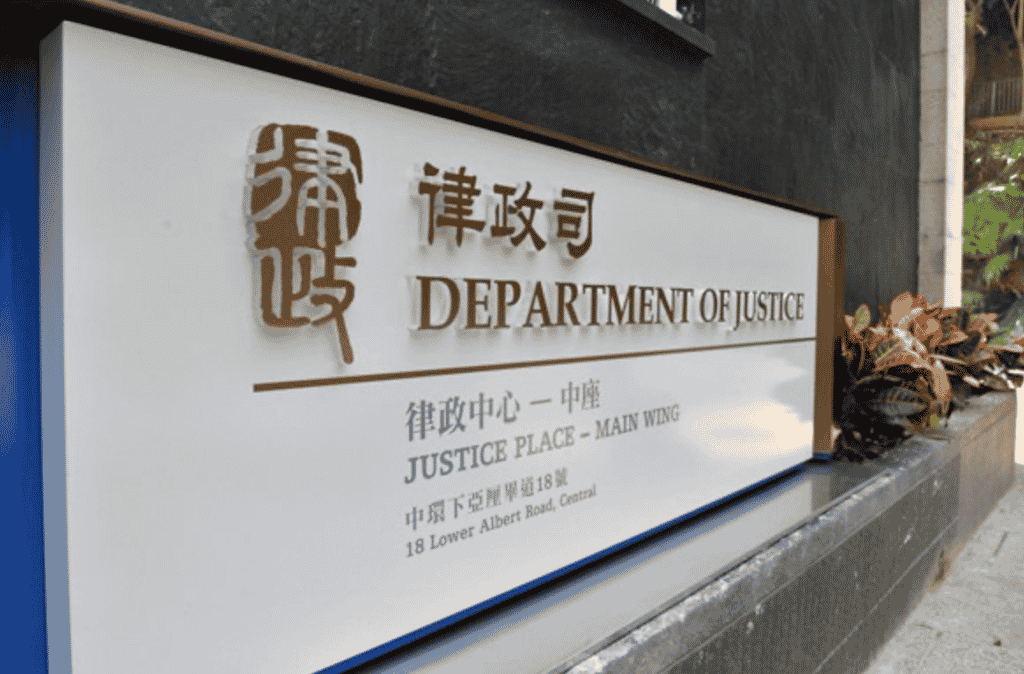The divisions and divisions that have emerged in Hong Kong society in recent years have attracted much attention, and uniting the society has become Chief Executive Carrie Lam Cheng Yuet-ngor's top priority after taking office. The deep-seated contradictions in society in terms of economic development, people's livelihood and political system have not been properly resolved. At the same time, there are data showing that people's sense of belonging to Hong Kong has declined, the Gini coefficient has reached a new high, the income gap between people has continued to widen, and upward social mobility has become more difficult. All of the above have raised concerns about the tolerance and care that Hong Kong has always cherished. and other social values have been severely impacted. Repairing the cracks in society is not easy.
Cooperation between social organizations and investors
According to a recent study by the Youth Entrepreneurship Research Center, more than half (50.8%) of the young people surveyed believe that the disparity between rich and poor makes them feel that there is division and opposition in society the most. Comparing political development, land use and the two places Issues such as cultural differences must also be highlighted. The study also cited the expressions of young people who participated in focus group interviews and believed that the distribution of social resources was ineffective and the resistance to upward mobility turned into a sense of powerlessness. As public dissatisfaction deepens, it is easy for some social issues to become politicized, which will not alleviate the situation of social antagonism.
In fact, governments around the world face different social problems. In recent years, some foreign governments have launched "Social Impact Bonds" with social investment or crowdfunding elements, which are worth learning from Hong Kong. The concept of "social impact bonds" is to work together with civil organizations and social investors to work together on projects that solve some important social problems or create a positive society and environment.
In short, "social impact bonds" promote cooperation between civil organizations and members of society without increasing the financial pressure on the government. This is a feasible method to create an atmosphere of a larger society. At present, relevant projects have been implemented in the United Kingdom, Canada, New Zealand, Australia, the Netherlands, the United States, and Seoul, South Korea, and are widely used in different objects and fields, such as reducing the recidivism rate of rehabilitated persons and improving the living environment of small rental houses. , and establishing community life for elderly people living alone. The key to the success of "social impact bonds" is generally believed to be the establishment of objective and reasonable performance indicators, reliable evaluation, and supervision by the government and the public.
Judging from the experience of various places, "social impact bonds" can help combine the energy of all parties in society, including the provision of ideas, monetary and material donations, time contributions, tangible actions, or intangible support, etc., all of which can be exerted. Planned performance achieves "three wins"
In terms of improving Hong Kong's deep-rooted conflicts and promoting social cohesion, we believe that we can refer to the experience of overseas "social impact bonds" and let local civil organizations consider formulating relevant project plans and determine performance indicators. After government approval, they will provide information to those interested in participating in the plan. Investors are drawn to raise funds in the form of bonds, and upon expiration the funds and agreed returns will be returned to investors based on performance; projects that meet the standards can receive full government funding. The above arrangement is believed to achieve a "win-win" effect, including that civil organizations can make good use of market capital to improve social services; investors can fulfill social responsibilities while earning low-risk returns; and the government only pays for successful projects. Ensure that public funds are used appropriately.
From the perspective of overall social development, with the increasing awareness of citizen participation, the influence exerted by the private sector is often more effective than relying on the government alone; "social impact bonds" can break the past pattern of relying on the government to take the lead in solving social problems; By opening up cooperation between government, business and the private sector, we provide broader channels and opportunities and bring new thinking to promote sustained private participation.
Resolving social conflicts is the general public expectation for the new government. The new government should seize the opportunity of society's desire to mend the cracks and actively consider introducing the concept of "social impact bonds" when looking for ways to resolve the deep-seated conflicts in society. This move will not only help promote private participation, but will also provide inspiration for the SAR government to maintain good governance.
Pan Xuezhi (member) Zhang Jingyun (researcher) Youth Innovation Research Bank



